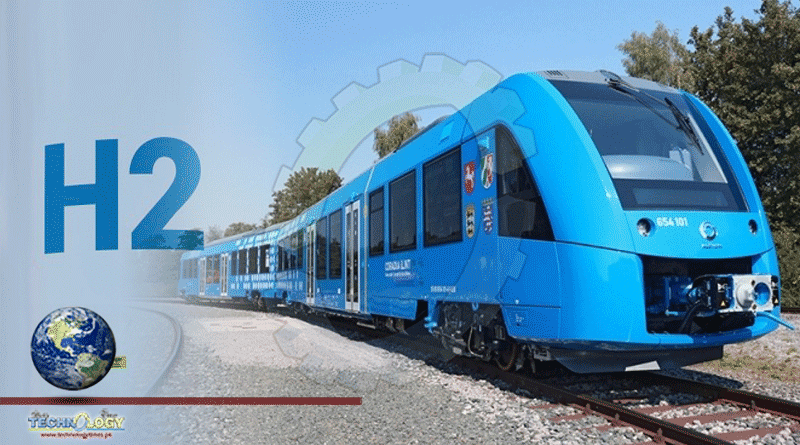Plans To Develop What It Hopes Will Be North America’s First Hydrogen-Powered Locomotive For Freight Trains.

Canadian Pacific Railway (CP) announced plans to develop what it hopes will be North America’s first hydrogen-powered locomotive for freight trains. As part of a pilot project, it will retrofit a locomotive with hydrogen fuel cells and battery technology. It will then test the locomotive to evaluate its use for hauling freight. “This is a globally significant project that positions CP at the leading edge of decarbonizing the freight transportation sector,” said Keith Creel, CP’s President and Chief Executive Officer. “CP will continue to focus on finding innovative solutions to transform our operations and adapt our business, positioning CP and our industry as leaders for a sustainable future.” Most railways in North America use diesel power to move freight and that represents the industry’s most significant source of greenhouse gas emissions. CP has been testing greener ways to power its trains such as biofuels, compressed natural gas and battery-powered alternatives.
Canada’s government regulates train emissions
The government of Canada has developed regulations governing the locomotive emissions under its Railway Safety Act. These require railway companies to meet emission standards for new locomotives, carry out emissions testing, follow labelling and anti-idling requirements, keep records and file reports with the government’s transportation department. Its regulations are very similar to those of the U.S. since many companies must cross the border to do business on both sides and must meet the environmental standards of both countries.
Carbon tax set to increase
Tax measures are motivating companies and individuals to take steps to reduce their greenhouse gas emissions. On December 11, 2020, the Canadian government announced it will progressively increase its tax on carbon emissions from the current $30 a tonne to $170 a tonne by 2030. This is part of its plan to reduce greenhouse gas emissions by 30 per cent below 2005 levels by 2030. This tax is being challenged in court by some provinces which argue the federal government is interfering in what is their jurisdiction. The federal government has not applied the tax in provinces which have adopted their own measures to comply with the goal of reducing emissions.
This news was originally published at RCI Net
